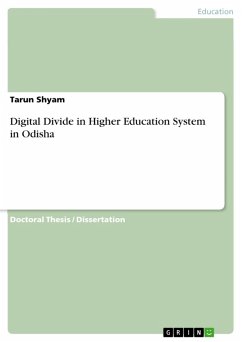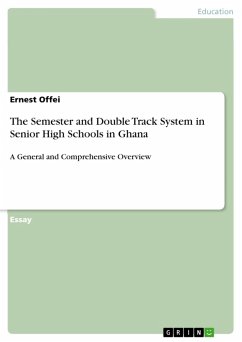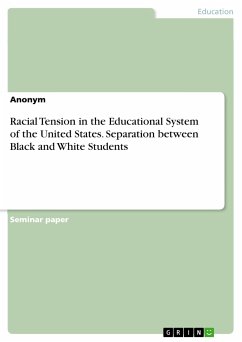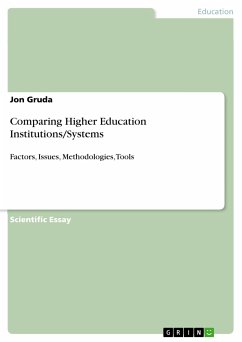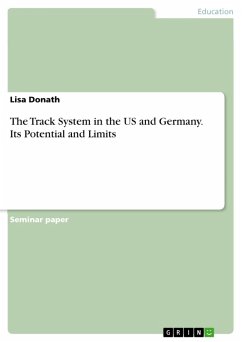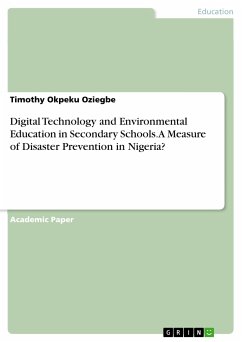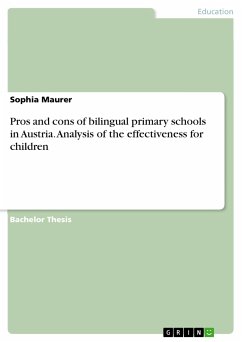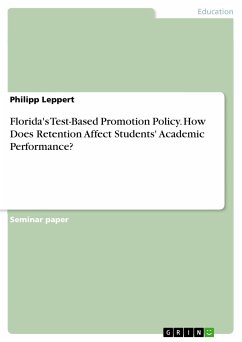Doctoral Thesis / Dissertation from the year 2022 in the subject Pedagogy - School System, Educational and School Politics, , language: English, abstract: The perceived difference between those who have access to the newest information technology and those who do not is referred to as the digital divide. The digital divide is commonly measured by means of computer ownership and internet access. The two groups of people on opposite sides of the split are referred to as "haves," or "information rich," or "have-nots," or "information poor," respectively, in literature. In the "knowledge economy," the former has the most powerful computers and has the finest internet access to strong streams of continuous information, whereas the latter does not. In today's society, information is a "development resource," and the lack of trustworthy information is the heart of underdevelopment. In today's society, information is a "development resource," and the lack of reliable information is the essence of underdevelopment. Information is essential for societal advancements in education, culture, science, and technology, as well as individual personal and professional development. Apart from greater internet access, there has been an upsurge in web-based educational programs, which have received mixed reviews. The rise of digital libraries merely adds to the problem (also called electronic or virtual libraries). Web-based education is linked to constructivist learning environments, which are technology-driven environments in which students can contribute something meaningful and useful. Technologies provide students with the ability to explore, experiment, construct, and reflect on their work so that they can learn from it. The use of information resources is important in this method, as it is in many other models, including collaborative learning models. The effective use of information and resources has become increasingly important in academic life, in addition to the workplace and daily life. All of these are susceptible to the digital divide.
